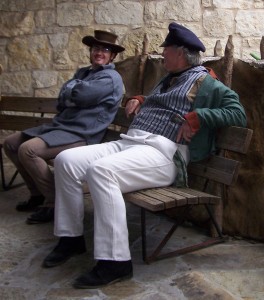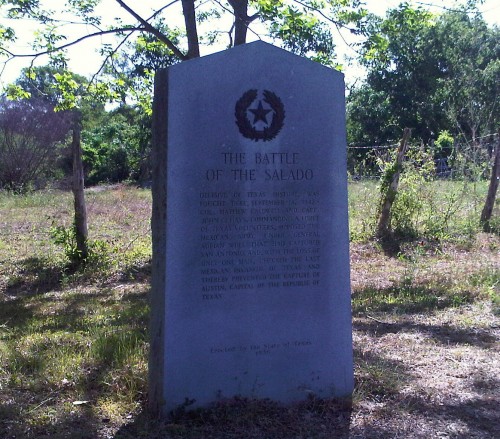
Strange but true General Lopez de Santa Anna’s invasion of Texas in 1836 was not to be the last time that a Mexican Army crossed the border into Texas in full battle array artillery, infantry, military band and all. Santa Anna may have been defeated at San Jacinto but for the Napoleon of the west, that was only a temporary setback. In March of 1842 a brief raid by General Rafael Vasquez and some 400 soldiers made a lightening-fast dash over the Rio Grande, while another 150 soldiers struck at Goliad and Refugio. They met little resistance and departed at speed before Texan forces could assemble and retaliate. All seemed to have quieted down by late summer, though: Texas had ratified a treaty with England, and the United States requesting that Texas suspend all hostilities with Mexico.
